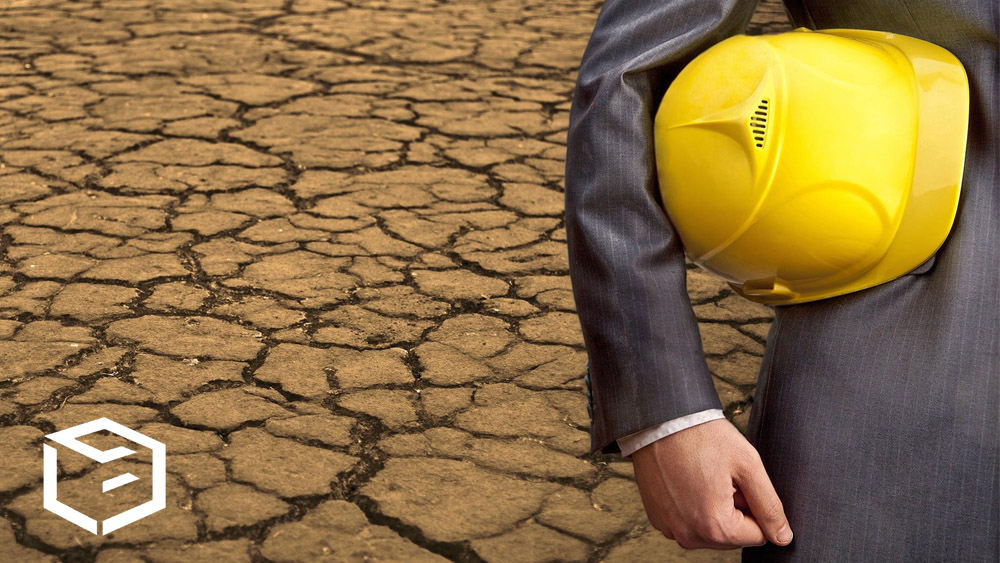
Soil engineering is probably one of those problematic STEM jobs that you’ve probably heard of without actually knowing the importance of the job’s roles. Here at G3Soilworks, we understand the essential role soil engineers play in understanding the site area as it relates to construction and development projects. We want to educate more people about identifying when a situation calls for a soil engineer’s employment.
A soil engineer, more formally known as a geotechnical engineer, is a professional consultant that analyses and tests soil to ascertain detailed information about its properties.
Such properties to be identified during the soil engineer’s presented report include the following:
– The type of soil
– The density and strength of the soil
– Behaviors such as expansion, heave, and settlement potential
– Groundwater and association impacts
– Slope stability
If your constructions involves a building, fencing, or anything else of notable size, it is critical to hire a soil engineer to identify all the aforementioned properties of the soil that you’re likely to be working on and advise whether or not the soil is capable of supporting the proposed structures, slopes, finished grades and other construction improvements.
If the soil engineer determines the soil properties rendered are unsuitable for the building of the structure as intended, they will then offer solutions, compromises, or alternatives that will provide both suitable mitigation as well as meet jurisdictional requirements.
As well as the properties mentioned above, the soil engineer will look at a specific factors for determining if the soil is suitable for your proposed project. This includes its allowance of proposed loads and possibilities of settlement once foundations and structures are complete.
Again, this depends on the issues raised by the soil engineer. It’s best to avoid diagnosing the problem without an understanding of the overall soil and/or rock character, without the help of an expert so there can likely be a range of solutions. For instance, the soil engineer may propose the removal and replacement of unsuitable soils; they might also recommend to mitigate and control subsurface water and wetting fronts.
If you’re looking for experts with years of geological experience, look no further than G3Soilworks. We’re a geotechnical consultancy California locals can rely on, providing site regarding, seismology, geoforensic, and hydrology solutions to the companies that need it. Get in touch today to find out more.
Follow, engage, learn. Stop by our blog to see what’s happening at G3SoilWorks.
G3SoilWorks – a full service geotechnical / engineering geologic consulting firm, is pleased to reach our third year. It has come with many interesting clients, assignments and obstacles.
G3SoilWorks
350 Fischer Avenue Costa Mesa, CA 92626
Tel. 714-707-3155
E. info@g3soilworks.com